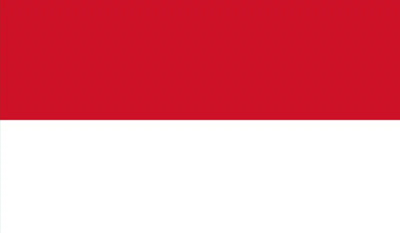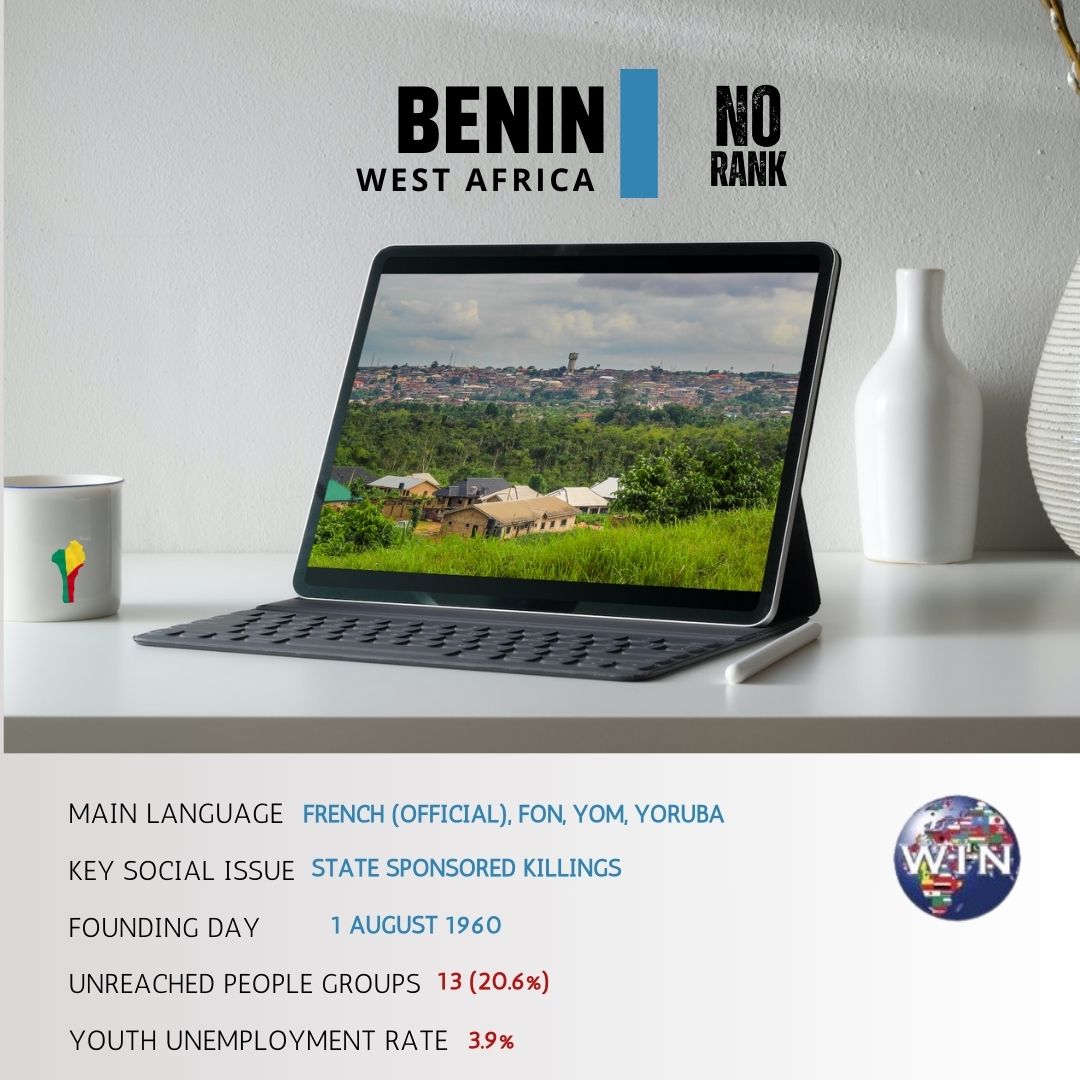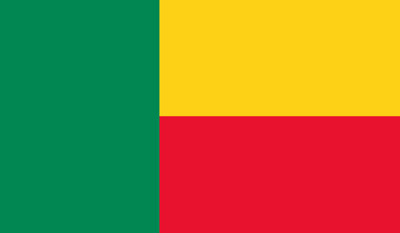Day 10
Indonesia
On February 14, 2024, Indonesia is going to the polls. Although there is a thirty percent quota for women candidates, the majority of the eighteen political parties in Indonesia have deep patriarchal roots. As a result, only a handful of women will appear on the ballot. It undermines the effective implementation of reforms to give women rights in the Southeast Asian archipelago. The role of women should be more visible and relevant in Indonesian society for their rights.
Pray for God’s supernatural intervention to give Indonesian women candidates a winning mandate in the upcoming elections (The Bible, Matthew 19:26).
Pray for the Holy Spirit to minister to Indonesian men to generate more empathy and compassion towards their women (The Bible, John 14:26).
Having Southeast Asia’s strongest economy, Indonesia is also one of the G20’s wealthiest. It is the world’s fourth most populous nation. It also has the largest concentration of Muslims, yet Indonesia has an astonishingly high level of Christian presence. More than twelve percent of the population are Christians, over 33 million people, with church growth continuing to increase. While Christianity is not illegal, provincial laws can override it and Islamic law is sometimes used. Muslim extremists continue to spread anti-Christian messages in the public sector. President Widodo’s agenda to shift Indonesia from secularism to Islamization would seem to predict elevated levels of Christian persecution in the future. Indonesia has been the worst affected nation in Southeast Asia during the COVID-19 pandemic. They currently hold the 2022 presidency of the G20 and during the Summit in Bali, Indonesia called for urgent attention to be paid to the current global food and fuel crisis.
Day 10
Benin
The youth in Benin need help finding work. The only available positions are for two or three specific blue-collar jobs. It is either a mechanic or plumber in most regions of the country. The situation results from poor governance, lack of quality educational infrastructure, and failure to establish supply chains for emerging industries. The lack of employment presents the criminal element in the country with a viable workforce. The most common unlawful enterprise is smuggling Nigerian oil from pipelines. There is also increasing violence from cultural and societal changes happening in the country.
MIGHTY GOD, give every Benin youth a dream or vision when they sleep at night, revealing Your Son as their Savior (The Bible, Job 33:14-18).
Patrice Guillaume Athanase Talon is a Beninese politician and businessman who has been President of Benin since 6 April 2016. An economist and investment banker turned politician, Lionel Zinsou was appointed Prime Minister of Benin in June 2015. Benin is best known for its peaceful democracy, one of the most stable in Africa. However, corruption remains a significant issue. The country, once hosting main ports crucial in the slave trade, still negotiates shady deals. Poverty increases each year. The nation’s annual Voodoo Day brings thousands of participants to the country’s celebration. Voodoo, a religion approved by the government, has more than 60% devotees and contributes to significant spiritual bondages over the nation, its people, and the Church. The country allows for freedom to practice and propagates any religion.





